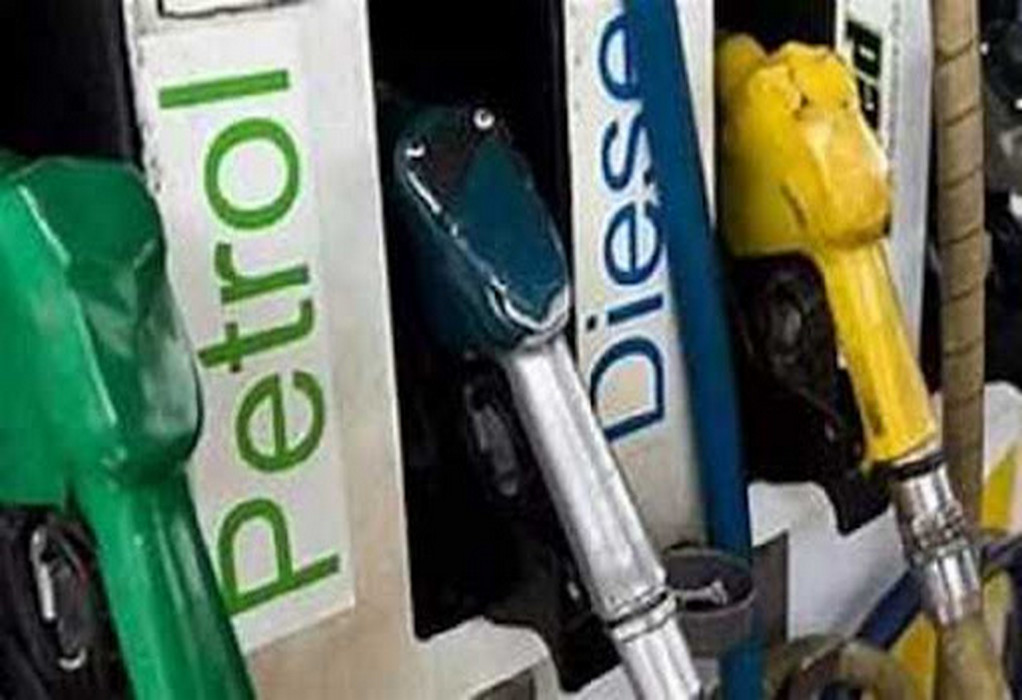Emissions reduction pressure and sustainability goals will continue to mount as more fleets, consumers seek to reduce carbon footprint.
As many of us do around this time of year, I’ve been reflecting on 2021 and thinking about what may happen in 2022. When it comes to alternative fuels, there’s a lot to consider. So here are some of my thoughts on the cleaner fuel industry as we prepare to turn the calendar page.
Last year I said, “Diesel engines aren’t dead.”
This holds true, but not without some challenges. Heavy-duty truck sales are coming back slowly as OEMs struggle to deliver due to shortages and supply chain bottlenecks. This means fleets are keeping trucks longer and used truck sales are very high, so using a fuel that supports longer life and better performance is key.
The continued dominance of diesel engines also means that the c-stores that aren’t offering diesel and diesel alternatives are missing out on sales in a market where demand will stay strong for years to come.
Last year I said, “Biodiesel’s star is rising, and it’s getting used in new ways.”
This is truer than ever. For example, work truck fleets list biodiesel as their top alternative fuel choice year after year over options like EVs and CNG vehicles, according to annual surveys by NTEA. Many states incentivize or even require the use of biodiesel blends now, from a minimum of B5 (5% biodiesel, 95% petroleum diesel) to higher blends. Most OEMs now allow — and even promote — the use of up to B20.
There are also efforts underway in the private and public sectors to promote the use of higher blends of biofuel, including at retailers. One is the federal government’s Higher Blends Infrastructure Incentive Program that recently passed. It provides funding to build out the fueling infrastructure for biodiesel and ethanol. Also, convenience stores are eligible to participate.
This federal program also highlights biodiesel’s viability: Grant programs established by the Infrastructure Investment and Jobs Act encourage investments in a range of alternative fuels, including electricity, hydrogen, biofuels and natural gas.
Last year I said, “GHGs will remain a hot topic.”
Greenhouse gases are still in the spotlight and will probably stay there for quite a while. The transportation sector is responsible for 29% of all U.S. GHGs, with trucking making up the majority of that. Existing environmental regulations significantly reduce particulate and NOx emissions but do little to reduce GHG emissions, so there is more work to do.
Improved engine efficiency and alternative fuels will be the most significant contributors to the freight transportation sector, which will create a more sustainable climate policy and provide energy security. Biodiesel and renewable diesel are generating the greatest reduction in greenhouse gas emissions in the transportation sector.
Last year I said, “The ESG movement is just getting started.”
Environmental, social and governance (ESG) accountability has definitely made its mark on the transportation industry. In fact, ESG funds are on track for a record year of inflows, bringing in more than $21 billion in the first quarter of 2021. That’s an acceleration from 2020, when they earned more than $51 billion for the year; $21.4 billion in 2019; and $5.4 billion in 2018.
Yahoo! Finance notes that more legislation will encourage further development in sustainable investing, pointing to various amendments and acts that push advisors to convey ESG-related factors to investors. By 2025, approximately 33% of all global assets under management (not just domestic) are forecasted to have ESG mandates. The industry is expected to increase 433% between 2018 and 2036, resulting in total global assets of $160 trillion.
So, with those updates in mind, here are some predictions for 2022:
Looking ahead, I’m saying, “Pressure will continue mounting for emissions reduction.”
The California Air Resources Board (CARB) estimates that in 2020, almost 7 million tons of GHG emissions were eliminated by switching from petroleum diesel to biodiesel and renewable diesel. This is equivalent to the annual mileage of 1.5 million passenger vehicles.
That success will need to continue because the Biden administration has set a goal to cut U.S. GHG emissions by 50 to 52% by 2030 (from where they were in 2005). This target lines up with scientific assessments of the reductions needed to avoid the worst impacts of climate change. Currently, 34 states have released or are in the process of developing a climate action plan of their own. Twenty-four states and the District of Columbia have established GHG emissions targets.
Looking ahead, I’m saying, “People are beginning to understand that immediate action is required.”
It seems the transportation sector is really catching on to the fact that we can’t wait for the perfect single solution to improve emissions. A recent study showed that 91% of fleet leaders feel significant pressure to set and meet aggressive sustainability goals.
Fleets and individual drivers are all looking for ways to reduce their carbon footprints, and there’s growing recognition that it’s time to act now — or our climate may never recover. C-stores can play a key role in meeting these needs by offering alternative fuels.
To support your customers in doing what’s best for the planet while still supporting your own bottom line, offering higher blends of biodiesel and other products like renewable diesel is a great place to start.
The article is authored by Steve Klein.
Source: https://cstoredecisions.com/
Tags: Alternative Fuels, Biodiesel, Diesel, OEMs

Recent Posts
GCMD completes biofuel supply chain trials with Hapag-Lloyd
Airbus partners with Avolon on hydrogen aviation
Nuclear power transition more safe option for decarbonisation than coal
ABS presents industry’s first advisory on ammonia bunkering
AW Shipping orders multiple dual-fuel vessels from China
HIF Global partners with Airbus to advance development of SAF
ASL Aviation signs agreement with ZeroAvia for retrofit
AM Green plans to invest $1 bn to set up 2G biofuel plants